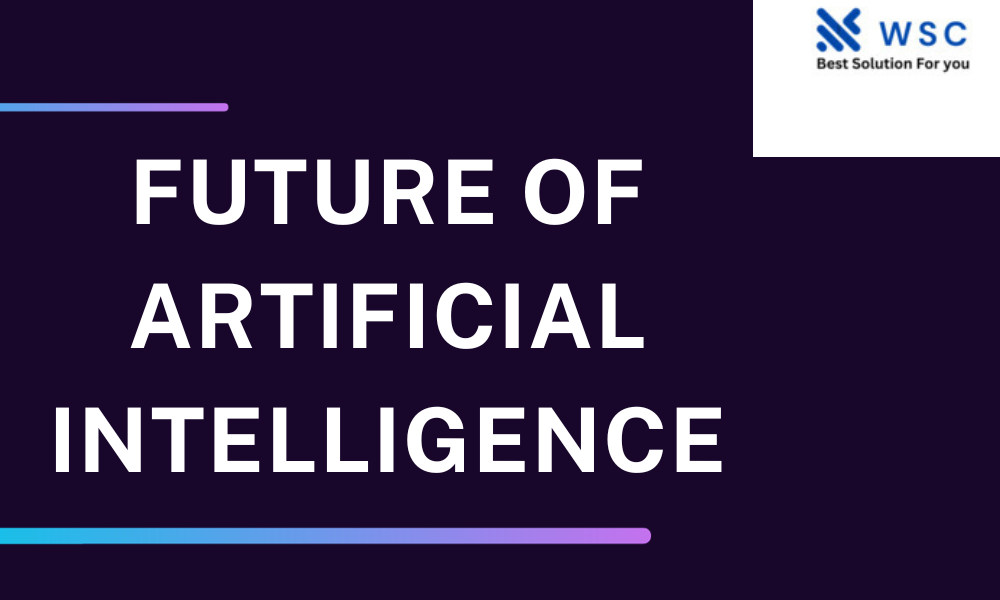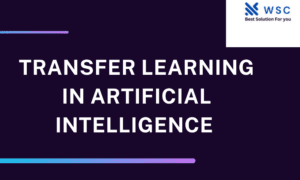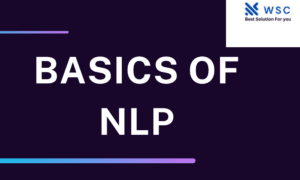Introduction
Artificial Intelligence (AI) has been an integral part of our lives for several decades now. From virtual assistants like Siri and Alexa to self-driving cars, AI has infiltrated various aspects of our daily routines, making our lives more convenient and efficient. However, as we step into the future, the world of AI is set to undergo significant transformations, promising even more profound impacts on our society, economy, and daily lives.
In this blog post, we will explore the Future of Artificial Intelligence, its potential, and the challenges it may present, as we navigate this fascinating and rapidly evolving field.
- Enhanced Automation and Productivity
AI is poised to continue its role in automating repetitive tasks across industries. From manufacturing and agriculture to healthcare and finance, AI-driven robots and algorithms are streamlining processes, reducing errors, and enhancing productivity. In the Future of Artificial Intelligence, we can expect to see even more sophisticated AI systems capable of handling complex and non-routine tasks.
- Healthcare Revolution
AI has already made significant inroads in healthcare, aiding in diagnostics, treatment recommendations, and drug discovery. In the Future of Artificial Intelligence, AI-powered devices and software may become standard tools for doctors and healthcare professionals, enabling more precise diagnoses and personalized treatment plans. Telemedicine and remote monitoring will also become more prevalent, improving access to healthcare services.
- Ethical Considerations
As AI continues to advance, ethical concerns become more pronounced. Issues related to bias in AI algorithms, data privacy, and the potential misuse of AI-powered technologies need to be addressed. The future of AI will require a robust framework for ethical guidelines and regulations to ensure responsible development and deployment of AI systems.
- The Rise of AI in Education
AI-driven educational tools and platforms are set to revolutionize the way we learn. Personalized learning experiences, automated grading, and adaptive tutoring are just a few examples of how AI can enhance education. It has the potential to bridge the gap in education accessibility and cater to individual learning needs.
- AI in Environmental Conservation
AI’s potential to tackle environmental challenges is enormous. Climate modeling, wildlife conservation, and resource management can benefit from AI-powered solutions. Autonomous drones, for instance, can monitor deforestation or track endangered species, providing valuable data to inform conservation efforts.
- Challenges and Job Displacement
While AI brings numerous benefits, it also raises concerns about job displacement. As automation becomes more widespread, certain traditional job roles may become obsolete. This requires us to invest in education and training programs to help the workforce transition into new, AI-related roles and adapt to the evolving job market.
- The Future of Human-AI Collaboration
AI will not replace humans but rather augment our capabilities. The future of AI involves close collaboration between humans and intelligent machines. This human-AI partnership will open up new opportunities for innovation, efficiency, and creativity across various fields.
- AI in Art and Creativity
AI has already shown its potential in generating art, music, and literature. In the future, AI-driven creativity will challenge our perceptions of what it means to be human and create. Artists and creators will have access to new tools for inspiration, collaboration, and expression.
Conclusion
The future of AI is an exciting and transformative journey into uncharted territory. As AI technologies become more sophisticated, their influence will extend into nearly every aspect of our lives, reshaping industries and societies. However, with these opportunities come ethical and practical challenges that require careful consideration.
Check our tools website Word count
Check our tools website check More tutoria




